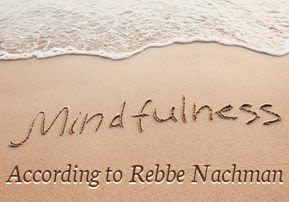
Mindfulness – Part 9 (A Broken Heart)
Why did this happen? Why did Hashem do this to me? How can we heal this wounded place inside of us, which sometimes feels angry with Hashem?

What does it mean to have a broken heart? Is having a broken heart the same thing as sadness? What is the difference between them? We touched on the subject of sadness in the first article in this series- Mindfulness According to Rebbe Nachman. Let us explore what Rebbe Nachman teaches us regarding these questions.
In Sichot HaRan (Rebbe Nachman’s Wisdom in English), Rebbe Nachman teaches that a broken heart and sadness are not the same thing whatsoever. A broken heart is in the heart, while sadness comes from the spleen. Sadness comes from the other side (which is a reference to the Evil Inclination, the side of impurity), and Hashem despises it. However, a broken heart is very beloved and precious before God. Nevertheless, Rebbe Nachman says, a person is in danger of falling into sadness if they walk around all day with a broken heart. Therefore, a person needs to set aside a certain amount of time each day to have a broken heart in personal prayer, but the rest of the day, he should try to be only happy.
Why is sadness so shunned in Hashem’s eyes? Hashem despises sadness because it is the Evil Inclination’s greatest weapon. More than the Evil Inclination wants us to sin against God, he wants us to be sad and downtrodden. When we are sad, we lose our willpower and our faith in ourselves.
Rebbe Nachman explains that sadness comes over a person when they are angry and upset with Hashem, they have complaints over the fact that He is not doing their will. On the other hand, a broken heart is like a child who pleads before their father and cries because they have grown distant from their father. Their broken heart causes them to strive to come closer to Hashem. Rebbe Nachman also reveals how we can tell if we were able to have a broken heart: after a broken heart comes joy. It is a sign – you know that you had a truly broken heart if you experience happiness afterwards (Rebbe Nachman’s Wisdom, teachings 41, 42 and 45).
Recently I asked a Breslev teacher, who teaches in a community I am a member of, a personal question: When someone goes through a difficult challenge, or a difficult event in life, sometimes there is a feeling of anger: Why did this happen? Why did Hashem do this to me? I do not understand why it is good for me. I asked him: How can we find healing for these questions? How can we heal this wounded place inside of us, which sometimes feels angry with Hashem?
He answered: Someone who regularly makes time for personal prayer, they seek to live a life of faith in Hashem, and they work on thanking Hashem for all of the blessings and good things they have in life, it is harder for them to be angry with Hashem. This is because they know and feel that Hashem wants the best for them and even does for them many kindnesses. As a result, it is easier to believe that even what seems in our eyes to be against our will and not good, there is something good hidden inside this difficulty.
Life is difficult; there are many challenges. We all experience this in our lives, each person in their own way. Sometimes we feel broken by the difficulties and pain we experience in life. The Kotzker Rebbe famously said that there is nothing more complete than a broken heart. When we admit to ourselves and admit it before God – I feel so broken over this, it is so painful, I do not know what to do, please help me; we open a space in our hearts and our souls for healing.
Why is there nothing more complete than a broken heart? Because this world is imperfect. This world is not our final goal; it is temporary. Our Sages describe this world as a world where the truth is hidden. The aspect of completion, I believe, is when we recognize that only Hashem can help us, only He is perfect and complete and only He can heal our broken hearts. We open ourselves to healing the broken places inside when we go beyond this imperfect and confusing world. We turn to Hashem. We have the power with our prayers to plead with a broken heart before Hashem for help and for healing. We can ask him to help us always feel that He is a loving father and our best friend, He is always by our side. There is nothing more complete (in this world) than a broken heart.
‘It is very good when a person can pour out their words and their heart before Hashem, pleading for compassion like a son who is longing for their father… How good is it when someone awakens their heart with supplications until they cry and shed tears before their Father in Heaven” (Rebbe Nachman’s Wisdom, 7th teaching).
***
Republished with permission from breslov.blog.




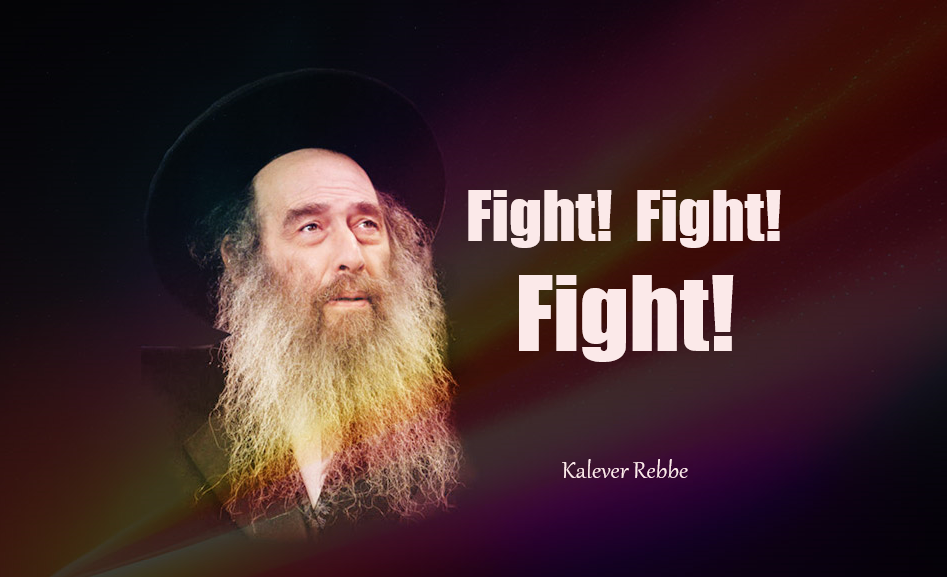
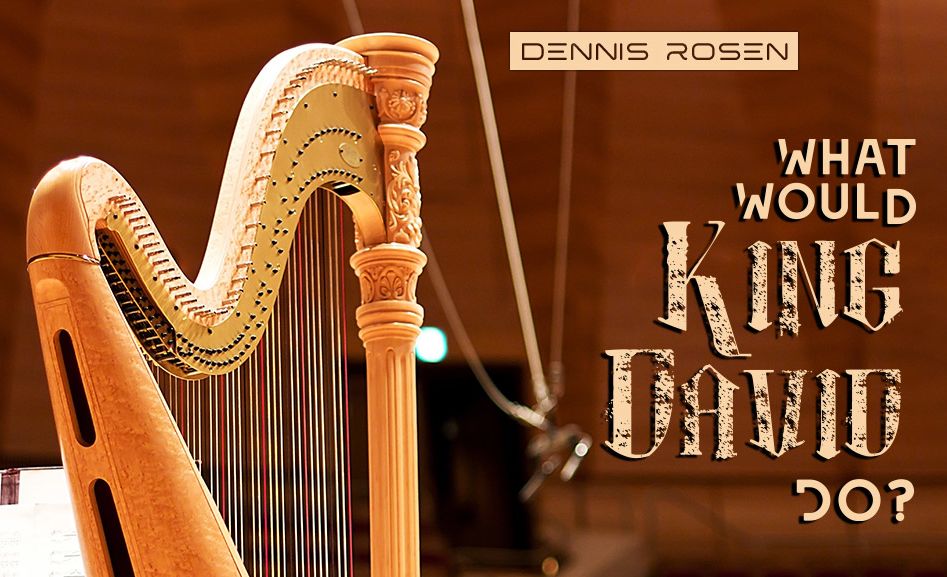

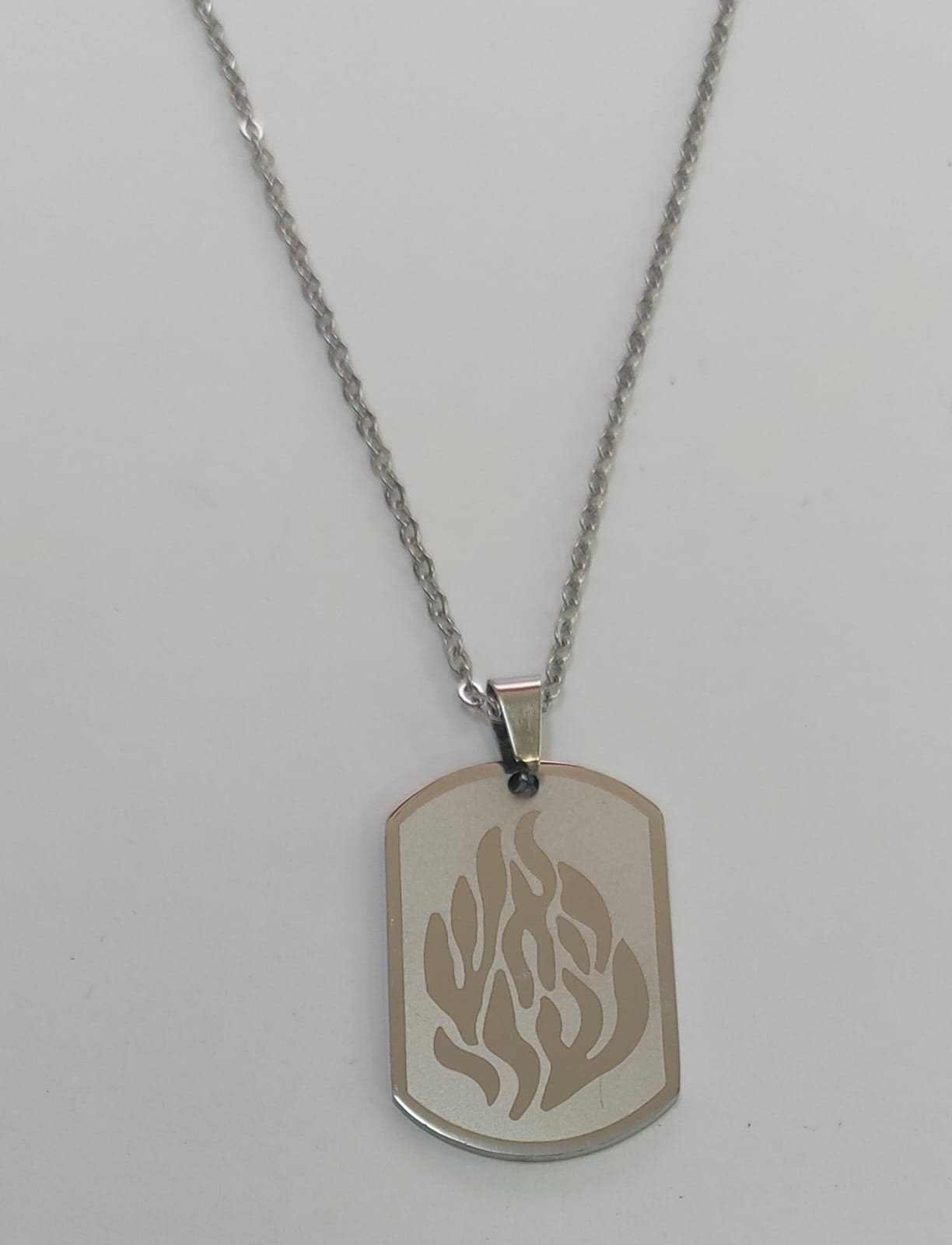
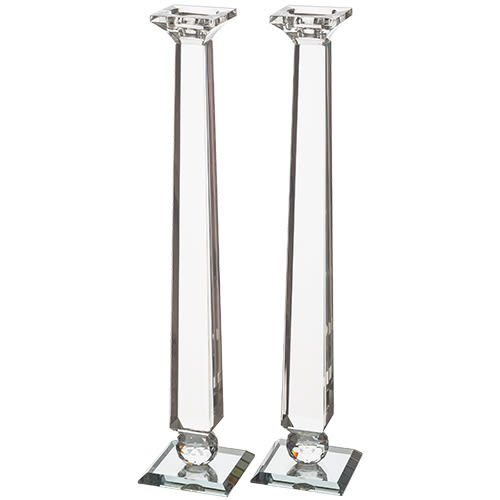
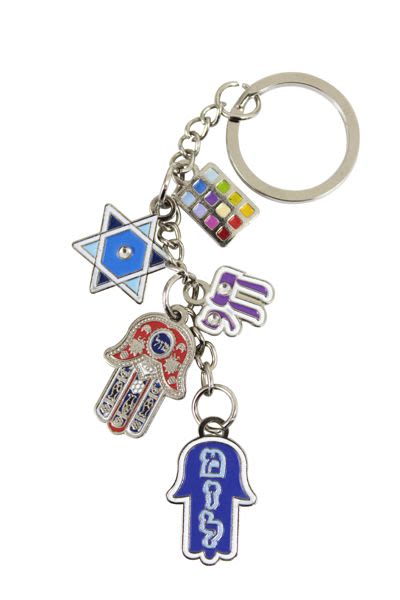

Tell us what you think!
Thank you for your comment!
It will be published after approval by the Editor.